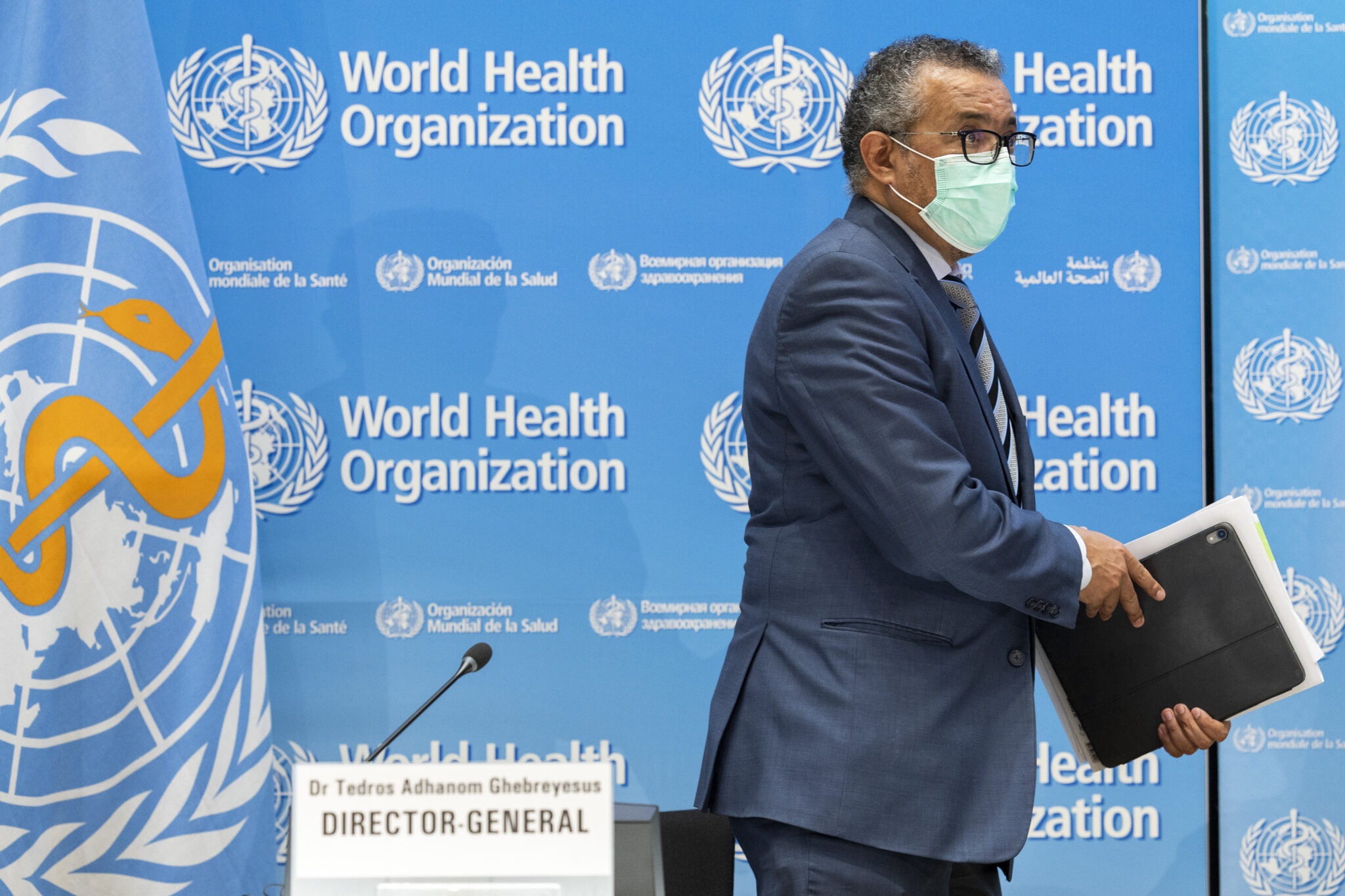
Global license program to receive Covid-19 support from the NIH
A WHO program will see some support from the Biden administration in the fight against Covid-19.
At the second Global Covid-19 Summit, the administration, through the NIH, has decided to officially license 11 Covid-19 research tools and early-stage vaccine and diagnostic candidates. This will be done through the Medicines Patent Pool (MPP), a UN-backed program, through WHO’s Technology Access Pool (C-TAP).
Unlock this article instantly by becoming a free subscriber.
You’ll get access to free articles each month, plus you can customize what newsletters get delivered to your inbox each week, including breaking news.